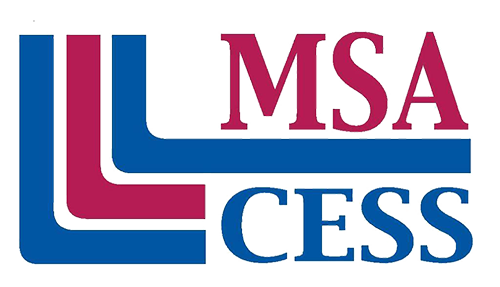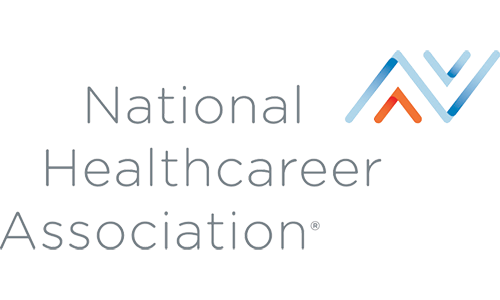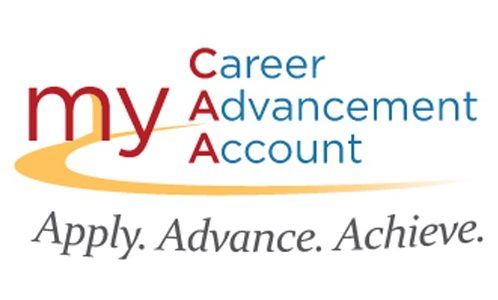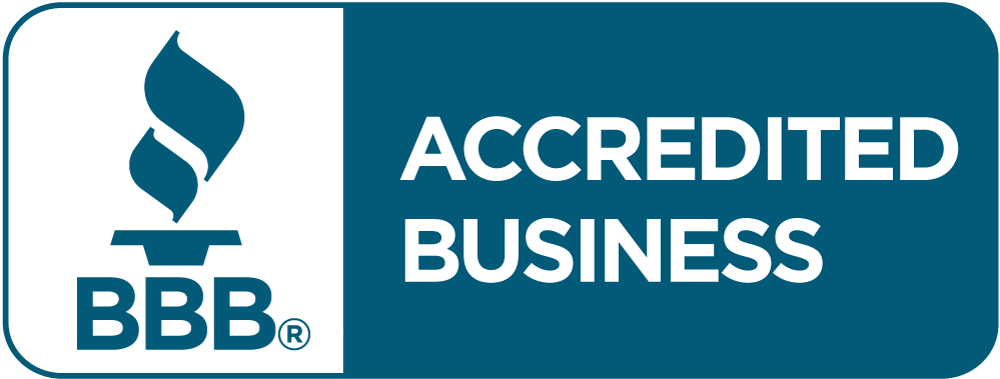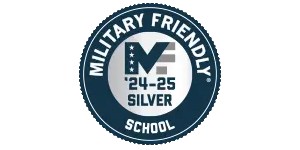Are you preparing for a job interview for a Phlebotomist position? Familiarizing yourself with these common interview questions will help you have answers ready and feel more confident. It can also be helpful to practice with a friend using these questions for a mock interview.
1. Tell me a little about yourself.
This is a common question that can feel broad. Instead of talking about hobbies, focus on your training, education, and experience in the phlebotomy field.
Example:
“I recently completed the Medical Assistant certification program at ACI Medical & Dental School, where I got my Phlebotomy certification from the NHA. In this program, I learned how to properly draw blood, handle specimens, and follow safety and sanitation protocols. I also completed EKG and PCT certifications during my training. I enjoy helping patients feel at ease during procedures and take pride in making the blood draw process quick and comfortable.”
2. How much experience do you have as a Phlebotomist?
If you’ve already worked as a Phlebotomist, mention where and for how long. If you’re new to the field, highlight any clinical or internship experience you received during your certification program.
Example:
“I recently completed a 180-hour internship at Example Hospital, where I gained hands-on experience drawing blood from patients in a variety of settings. Now that I’ve completed my training and internship, I’m excited to start my first full-time role as a Phlebotomist.”
3. What are some of your strengths?
When answering, focus on specific skills that are valuable in phlebotomy, especially those you’re most confident in.
Example:
“One of my biggest strengths is my ability to perform venipunctures smoothly and efficiently. I’m also very good at helping patients relax, especially those who are nervous about having blood drawn.”
4. What are some of your weaknesses?
Instead of highlighting something you’re bad at, talk about an area where you’re still learning or gaining experience.
Example:
“I’m still gaining experience in working with pediatric patients, but I’m eager to build my skills in this area and have already practiced calming techniques with younger patients during training.”
5. As a Phlebotomist, how will you ensure that you are following HIPAA guidelines?
Understanding and protecting patient privacy is essential in any healthcare role.
Example:
“I was trained in HIPAA compliance during my certification program. During my internship, I practiced protecting patient privacy by avoiding discussing patient information in public areas and making sure labels and records were properly secured.”
6. How are your patient communication skills?
Phlebotomists will sometimes deal with nervous patients, and calm, professional communication is key.
Example:
“In my training, I learned the basics of patient communication, including greeting them professionally and keeping them calm during a blood draw. I’m also comfortable communicating with patients both over the phone and in person.”
7. Are you comfortable drawing blood? What types of patients have you worked with?
This is one of the most important parts of the job—show your confidence and range of experience.
Example:
“Yes, I am very comfortable drawing blood. I practiced extensively during my training, working with fellow students, friends, and volunteers. During my internship, I drew blood from a range of patients, including seniors, children, and those with difficult veins.”
8. Are you experienced with proper specimen handling and labeling?
Accuracy in labeling and handling specimens is critical to prevent errors and ensure patient safety.
Example:
“I’ve been trained in specimen handling, labeling, and storage protocols. I understand the importance of matching labels correctly, avoiding contamination, and transporting specimens within required timeframes.”
9. Are you trained in performing capillary punctures and other types of blood draws?
Employers want to know you’re comfortable with a variety of blood collection methods.
Example:
“Yes, I’ve been trained in capillary punctures, including fingersticks and heelsticks. I’ve also practiced butterfly and syringe techniques in both training and clinical settings.”
10. What is a difficult situation you’ve encountered, and how did you handle it?
Pick a real-life example and show how you stayed calm and professional.
Example:
“During my internship, I had to draw blood from a patient who had a strong fear of needles. I stayed calm, explained the process clearly, and kept a reassuring tone. I was able to complete the draw smoothly, and the patient thanked me for helping her stay calm.”
11. What do you like most about being a Phlebotomist?
Be honest and share what truly motivates or excites you about the role.
Example:
“I really enjoy interacting with patients and helping them feel at ease. I also like the precision involved in the job—it’s rewarding to know I’m playing a vital role in the healthcare process.”
12. What do you like least about being a Phlebotomist?
This can be tricky—avoid sounding negative. If possible, focus on a minor challenge you’re actively working to improve.
Example:
“There’s not much I dislike about the job, but sometimes certain patients have very challenging veins, which can be frustrating. However, I’ve learned that staying calm and using different techniques can help me succeed.”
13. Why do you want to work here?
Make sure you research the company or clinic beforehand so you can give a specific, meaningful answer.
Example:
“I’m impressed with Example Clinic’s reputation for patient care and community involvement. I would love to be part of a team that values both efficiency and compassion in patient interactions.”
14. Why are you the best candidate for this position?
Don’t brag—just show that you’re prepared, trained, and eager to contribute.
Example:
“I feel confident in my phlebotomy skills, patient communication, and ability to work in a fast-paced environment. My training, internship experience, and attention to detail make me a strong fit for this position.”
See Also:

